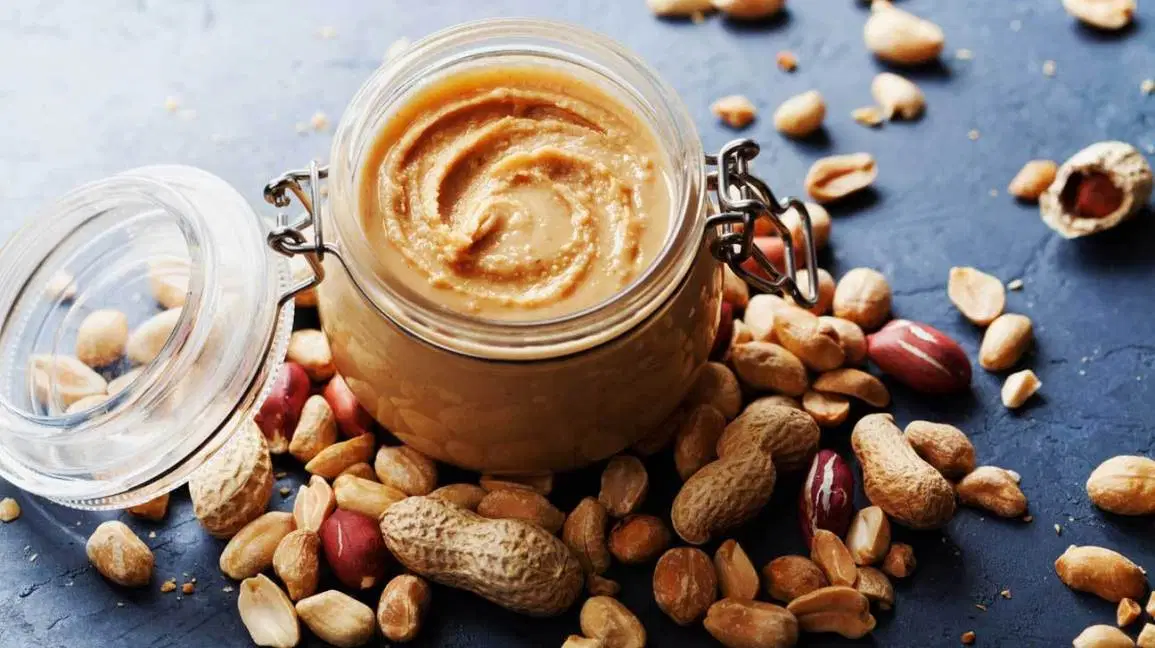ISLAMABAD, July 05 (ABC): Eating a variety of nutritious foods is essential to health and well-being. What makes up people’s diet will impact multiple areas of health, including maintaining a healthy weight. Protein is a critical component of the diet.
A recent studyTrusted Source published in the journal ObesityTrusted Source found that increasing protein in the diet may be helpful for people involved in weight loss programs. Specifically, it may impact food choices and reduce the loss of lean body mass.
Protein and lean body mass
ProteinsTrusted Source are nutrients that allow the human body to function appropriately. Protein helps the body maintain its structure and controls functions in the body and its cells. People can get protein from various sources, including meat, dairy, some vegetables and grains.
One challenge for people who are working toward weight loss is maintaining lean body mass while getting rid of excess fat. Lean body mass (LBM) has to do with the body’s mass that is not made up of adipose tissue or body fat. Part of this amount is made up of the muscles, or the muscle mass.
Dr. Anastasia Kalea with the University College London Division of Medicine, who was not involved in the study, explained to Medical News Today:
“While several dietary, lifestyle, [behavioral], pharmacological or combination weight-loss interventions are promising, they often face the challenge of loss of lean body mass, which has multiple negative health implications. It affects one’s quality of life, [and] the ability to conduct activities of daily living, has effects on neuromuscular function, emotion and psychological states, and it also affects the sustainability of weight loss because it is linked to metabolic decline.”
“The holy grail of a successful weight loss intervention is to find a way to maintain LBM. Therefore, weight loss strategies that protect lean body mass are of value.”
— Dr. Anastasia Kalea
Researchers are still working to understand how protein intake impacts lean muscle mass and how to best implement protein into weight-loss diets.
Benefits of increased protein intake
In this study, researchers sought to examine how “the change in self-selected protein intake during caloric restriction (CR) alters diet quality and lean body mass (LBM).”
The study used pooled data from multiple trials and included participants who met specific eligibility criteria. Researchers evaluated 207 adults before and over six months of diets that restricted calorie intake.
All participants were either overweight or obese. All participants went through a weight loss intervention lasting six to twelve months. They all had weekly counseling sessions for the first eight weeks and follow-up visits with a registered dietitian nutritionist.
Researchers evaluated both body composition via dual-energy X-ray absorptiometry and dietary intake. They also looked at components like protein sources and diet quality. Based on the intake data, they divided participants into two groups: lower and higher protein intake.
Study author Dr. Sue Shapses, a professor in the Department of Nutritional Sciences at Rutgers University-New Brunswick, told MNT: “In this study design, we split the participants in half based on how much protein they consumed during the 6 months of weight reduction.”
Researchers found that the amount of weight loss was similar for both groups. However, among the high protein intake group, there was less loss of lean body mass.
Participants in the high protein group also made more healthy food choices, such as an increased intake of green vegetables and decreasing consumption of refined grains and added sugar.
Prof. Shapses explained:
“One surprising aspect of this study is that while all subjects were instructed to consume enough protein and a healthy diet during the weight reduction trial, it was unexpected that those who ingested less protein had fewer desirable outcomes.”
“We found that those who consumed less protein also ate foods of lower quality (like more refined grains and added sugar and fewer green vegetables).”
— Dr. Sue Shapses


























